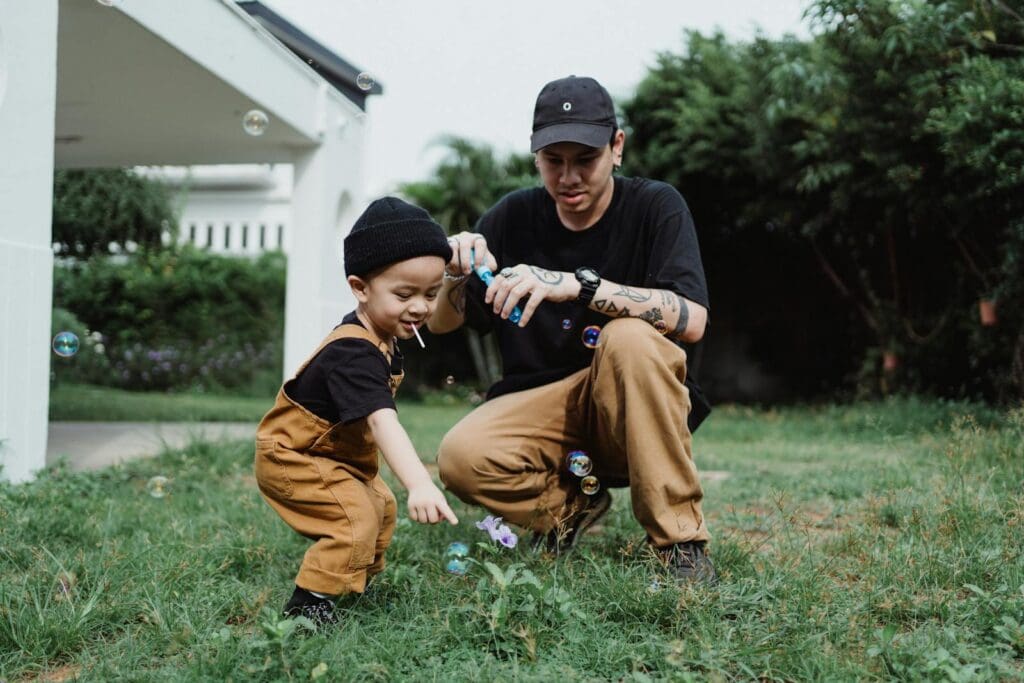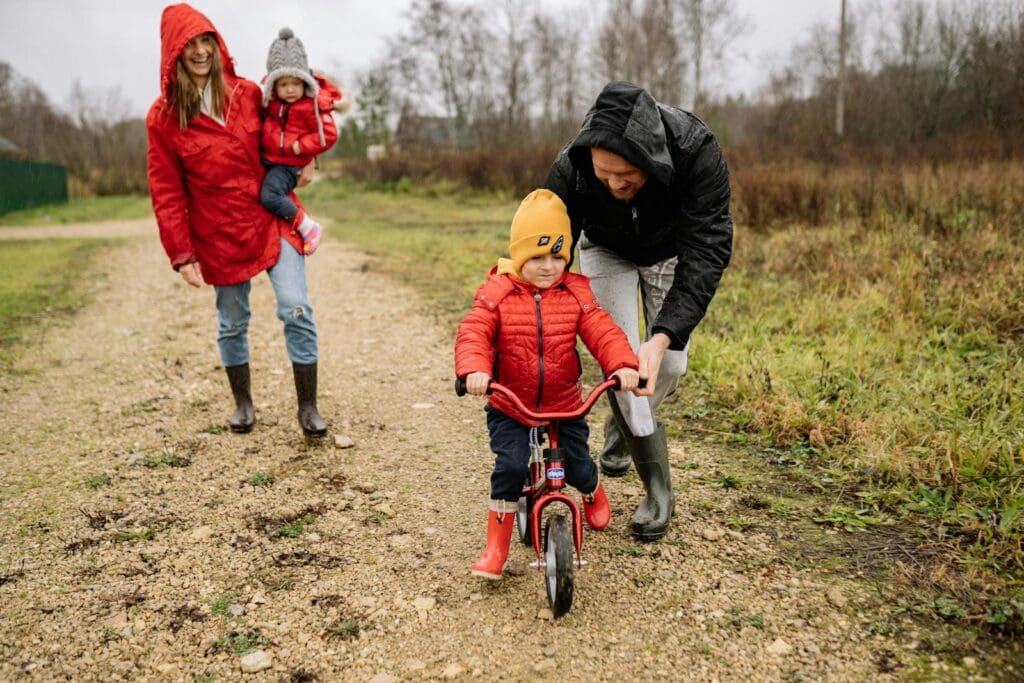In times of uncertainty, helping children navigate changes effectively is crucial to their emotional well-being and development.
As families face various challenges, understanding how to guide children through these changes can empower them to build resilience and adaptability. This article compiles practical tips and strategies to support your child during times of transition and help them feel secure and supported.
15. Maintain a Consistent Routine

Keep daily routines as consistent as possible, even during uncertain times. Stick to regular meal times, bedtimes, and wake-up schedules. Maintain familiar activities like reading stories or family game nights. This predictability provides a sense of security and stability for children, helping them feel safe and grounded amidst change.
14. Encourage Open Communication

Create a safe space for your child to express their feelings and concerns. Ask open-ended questions and actively listen without judgment. Share your own experiences to foster trust. Validate their emotions and reassure them that it’s okay to feel uncertain. Maintain regular check-ins to keep communication channels open and address any new worries that may arise.
13. Validate Their Feelings

Acknowledge and accept your child’s emotions without judgment. Use phrases like “I understand you’re feeling scared” or “It’s okay to be worried.” This validation helps children feel heard and understood, fostering emotional security. Avoid dismissing their concerns; instead, offer support and empathy to help them process their feelings effectively.
12. Limit Exposure to News and Media

Monitor your child’s media consumption, especially during crises. Set boundaries on news viewing and discuss what they see. Excessive exposure can increase anxiety and fear. Instead, provide age-appropriate information and focus on positive activities. Balance staying informed with protecting your child’s emotional well-being.
11. Focus on What They Can Control

Help your child identify things within their control, like washing hands, wearing a mask, or maintaining social distance. Emphasize how these actions contribute to everyone’s safety. Encourage them to create a daily routine or pursue a hobby they enjoy. This sense of control can reduce anxiety and boost confidence during uncertain times.
10. Practice Relaxation Techniques Together

Engage in calming activities with your child, such as deep breathing exercises, guided imagery, or progressive muscle relaxation. These techniques can help reduce anxiety and promote a sense of control. Make it fun by using age-appropriate methods like blowing bubbles for deep breathing or imagining a favorite place for guided imagery. Regular practice can equip your child with valuable stress-management skills.
9. Emphasize Safety Measures in Place

Highlight the precautions and safety measures implemented to protect your child and family. Explain how these measures work, such as hand washing, social distancing, or wearing masks. Emphasize that many people, including experts and authorities, are working hard to keep everyone safe. This knowledge can provide a sense of security and control during uncertain times.
8. Spend Quality Time as a Family

Make a point of eating meals together without distractions like TV or phones. Plan fun weekend activities such as walks in nature or game nights. Spending enjoyable time as a family brings a sense of normalcy and strengthens bonds, helping children feel secure during uncertain times.
7. Encourage Physical Activity and Play

Engage your child in regular physical activities to reduce stress and anxiety. Exercise releases endorphins, improving mood and overall well-being. Outdoor play, sports, or indoor activities like dance parties can help children stay active and positive. Physical activity also provides a healthy outlet for pent-up energy and emotions during challenging times.
6. Highlight Positive News and Stories

Share uplifting stories and good news with your child to balance out negative information. Focus on acts of kindness, scientific breakthroughs, and community efforts. This helps foster hope and resilience. In 2024, ‘kindness’ was named Oxford Children’s Word of the Year, reflecting growing awareness of mental health among youth.
5. Teach Problem-Solving Skills

Equip your child with problem-solving skills to boost their confidence in handling uncertainties. Break down challenges into manageable steps, encourage brainstorming solutions, and guide them through decision-making processes. This empowers children to approach difficulties proactively, reducing anxiety and fostering resilience in the face of unpredictable situations.
Read More: 10 Child Stars Who Had Trouble Growing Up
4. Foster Connections With Loved Ones

Encourage your child to maintain relationships with friends and family members, even if it’s through virtual means. Regular video calls, online game nights, or socially distanced outdoor activities can provide a sense of normalcy and support. These connections remind children that they’re not alone and help maintain their social skills during challenging times.
Read More: 30 Reasons Millennials Aren’t Having Babies
3. Engage in Creative Activities

Encourage your child to express their feelings through art, music, or storytelling. These creative outlets can help process emotions and reduce stress. Set up a dedicated space for crafts, drawing, or painting. Engage in collaborative projects like building with blocks or creating a family scrapbook to foster connection and positive experiences.
Read More: 10 High-Paying Careers in Child Development
2. Provide Age-Appropriate Information

Tailor explanations to your child’s developmental level. For younger children, use simple language and concrete examples. Older kids can handle more complex information. Be honest but avoid overwhelming details. Focus on addressing their specific concerns and questions. Reassure them that adults are working to keep everyone safe.
Read More: 10 Ways To Make Your Home A Calming Space
1. Model Calm and Resilient Behavior

Children often mirror their parents’ emotions and behaviors. Demonstrate how to stay calm and resilient in challenging situations. Practice self-care, manage your own stress, and openly discuss your coping strategies. By modeling healthy emotional regulation, you provide your child with valuable tools to navigate uncertainty.
Watch Now: Big plays. Fast takes. Check out TQR Shorts for the latest sports news with Zoe!








